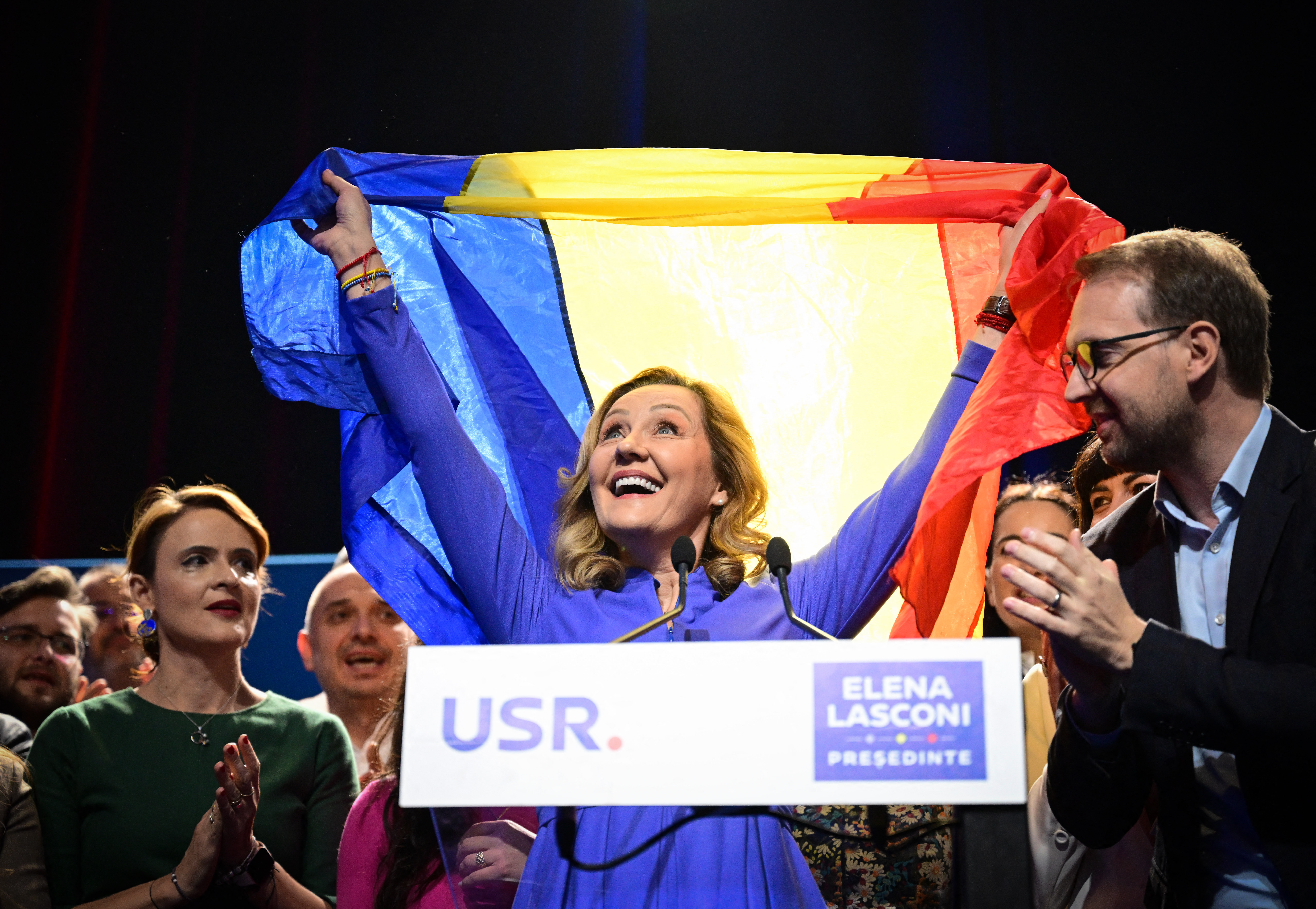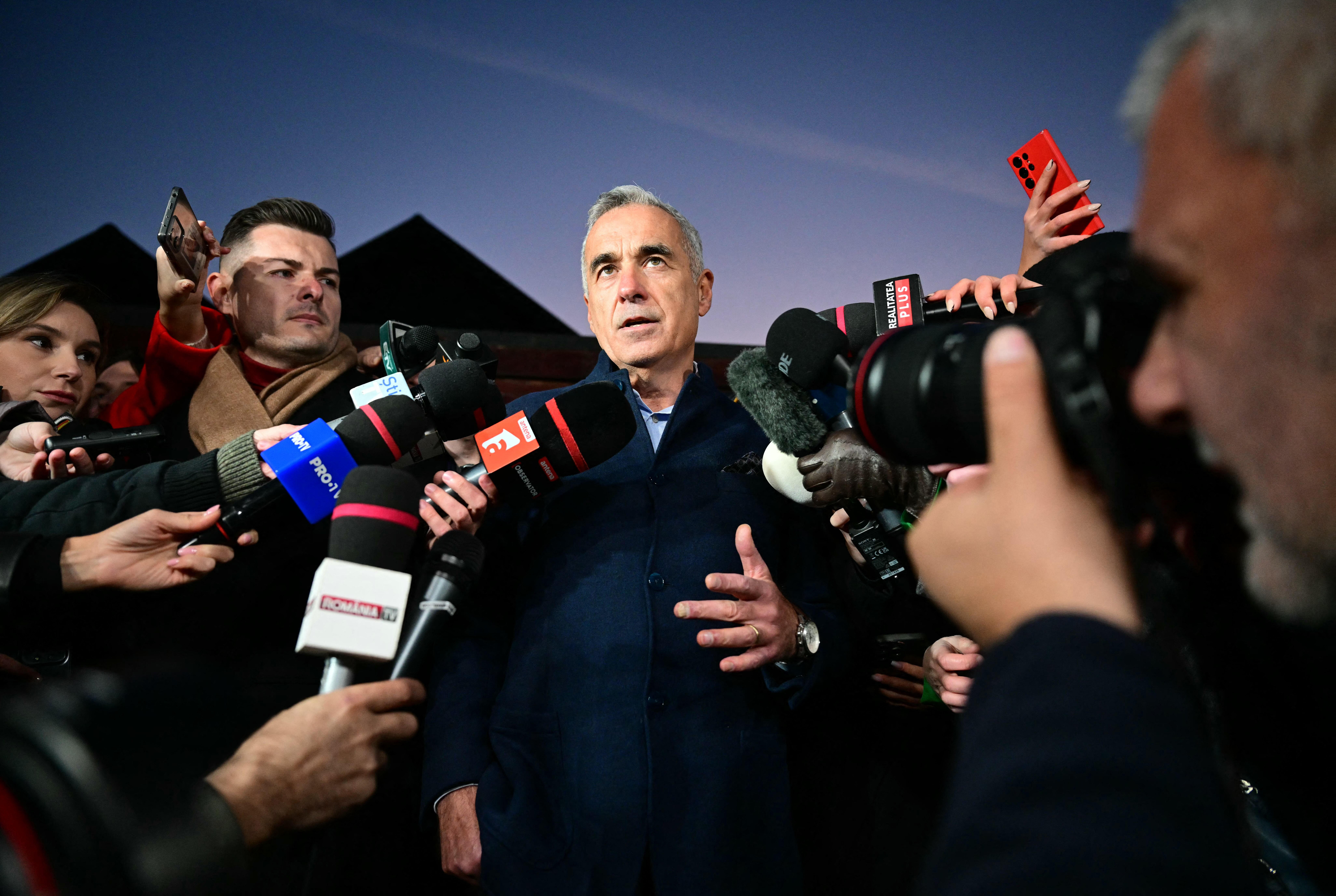Brussels – Since Nov. 24, the date of the first round of the presidential elections that led to the runoff between the pro-Russian Călin Georgescu and the liberal Elena Lasconi, the EU spotlight has been constantly on Bucharest. Yesterday (Dec. 1), the Social Democrats (PSD) won the legislative elections with 22.4 percent of the vote. A Pyrrhic victory since the far-right political forces secured 31 percent, driven by the result of the Alliance for the Unity of Romanians (AUR). “The beginning of a new era,” exulted its leader, George Simion.
Outgoing Prime Minister and leader of the Social Democrats, Marcel Ciolacu – who did not make it to the runoff after the first round – could not hide the result. “The Romanians have sent an important signal to the political class,” Ciolacu commented. Continue on the European path “but also protect our national identity and values.” One-third of Romanian voters cast their votes for parties that flirt with Moscow, a reconfirmation of what happened a week ago, when between Georgescu and Simion, the ultranationalist and pro-Russian candidates secured about 36 percent in the first round of the presidential election. Georgescu, an independent candidate, served in the Alliance for the Unity of Romanians (AUR) from 2020 to 2022.
“Today, the Romanian people voted for sovereignist forces,” claimed Simion, whose AUR party garnered 17.8 percent of the vote, in second place behind the Social Democrats of the PSD. By his side, the far right can count on SOS Romania (7.2 percent) and the Youth Party (6.3 percent) in Parliament. The three parties call into question support for resistance to neighboring Ukraine and the country’s international positioning.

On the other hand, the Liberal National Party (NLP) – in the government in coalition with the PDS since 2021 – was the third most-voted party, with about 14 percent of the vote. The center-right liberals of Elena Lasconi, still running for president of the Republic, came in only fourth, with 12.2 percent. The recorded turnout of 52 percent is the highest in the last two decades for legislative elections.
The elections to renew Parliament — and thereby form a new government — are inevitably intertwined with the election of the president of the Republic. In light of the far-right’s resounding result, several moderate leaders have already launched appeals for a government of national unity, which could bring together PSD, NLP, and Lasconi’s Save Romania Union. “United, we can work miracles,” the latter declared, launching an appeal to put aside inter-party quarrels to “defend democracy” and protect Romania from Kremlin interference. Considering her party’s modest result, the call for unity is crucial for the second round of presidential elections, scheduled for Dec. 8, when Lasconi will face Georgescu.

If the Constitutional Court does not decide to annul the first round after ordering a vote recount due to vote integrity suspicions that led to Georgescu’s feat. In the middle is the role played by TikTok, which, according to the Romanian media watchdog, unduly favored content from the ultra-nationalist candidate.
An entire country hangs on the court’s decision, expected in the evening. Current Premier Ciolacu, who was left out of the runoff by a handful of votes in favor of Lasconi, has already declared that even “if, after the recount, it is determined that I have more votes than Ms. Lasconi,” he will not participate in the runoff. Ciolacu accused the liberal leader of publicly smearing him with “all kinds of lies.” Hardly the best premise to heed the call for unity against the far right: “It will be very difficult for me to answer the phone when Ms. Lasconi calls me because she will need every vote to defeat Georgescu,” the premier admitted. If Ciolacu does not answer, Romania could face an unprecedented scenario of a moderate government keeping it anchored to Brussels and a head of state pulling it towards Moscow.
English version by the Translation Service of Withub








